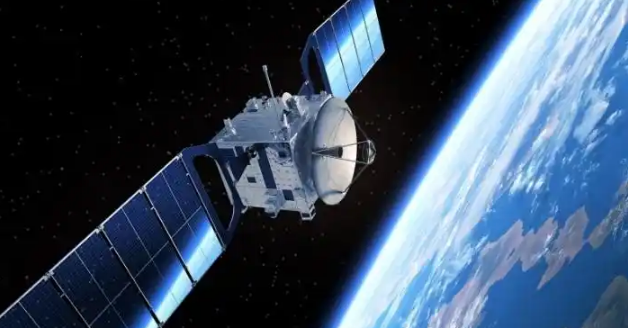Years in the making, the African Development Satellite Initiative prototype satellite, AfDev-Sat, will be presented by the Egyptian Space Agency during COP 27 in Sharm El-Sheikh.
The prototype has been in the works since 2019, and Egypt has stated that it would be shown at future sessions of the United Nations climate conference.
The Egyptian Space Agency and the Africa Development Satellite Initiative, or AfDev-Sat, its role is to encourage, counsel, and coordinate the advancement of space science and technology in Africa in order to enhance regional and international cooperation. Its job is to encourage, advise, and coordinate the development of space science and technology in Africa so that regional and global cooperation can be made better.
Read also: Paratus Partners With OneWeb To Build Satellite Gateway In Angola
The First Satellite Prototype For Climate Monitoring
On January 30, 2022, the parties signed a working document at a progress meeting in Cairo. The parties had met most recently at this point. in 1999. As part of the Maritime Domain Awareness Satellite (MDASat) program, it just launched three nanosatellites in January 2022 with the goal of using them to improve the security of South Africa’s marine resources.
Stella Chelangat Mutai, a geospatial information science consultant for the World Food Programme in Southern and Eastern Africa, says that the continent has a lot of potential for using satellite technology to monitor climate, especially since there is more talk about space cooperation on both the national and international levels.
She also stated that important organizations want to be involved in discussions on adequately monitoring climate change in Africa, including meteorological departments, national space agencies, and the regional center for resource mapping and development.
According to Mutai, increasing capabilities and signing additional international agreements for space-related resources will make it possible to implement a satellite-based climate monitoring system for the entire continent of Africa.
To close gaps, the current use of space technology must be reconsidered. It will guarantee that the policies are simplified to take climate monitoring into account.
Interventions To Install Satellite in Africa
Building data capacity for space technology has been a high focus for some important continental units. A discussion between Chinese astronauts and space teprogramstudents from Egypt, Algeria, Senegal, Ethiopia, Nigeria, Namibia, Somalia, and South Africa, for instance, took place at the African Union Commission on October 31.
Yang Jun, who was there as the Chinese Ambassador to Namibia, said that China and Namibia would work together to build a satellite ground station in Namibia that could receive digital signals.
Due to the high costs of making satellites, collaborations at the continental level can also help make satellites that are specifically for monitoring climate.
Mutai stated that in contrast to the past practice of individual states working on their climate monitoring satellites, the African Development Satellite Initiative and other similar programs on the continent would promote the pooling of resources and enable information sharing throughout the continent.
